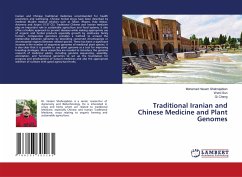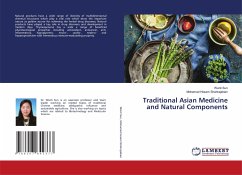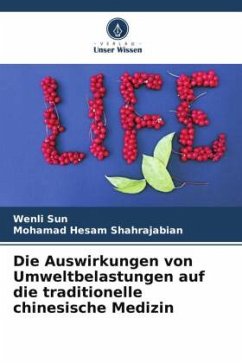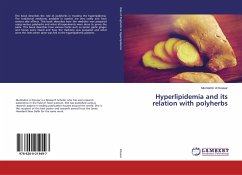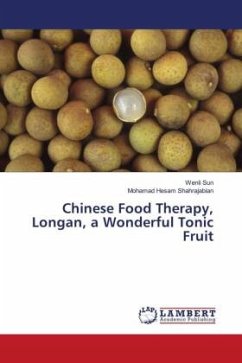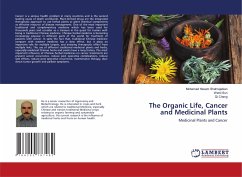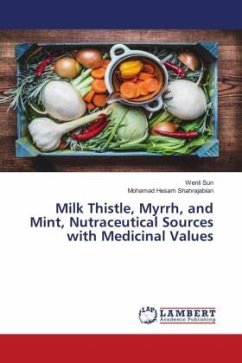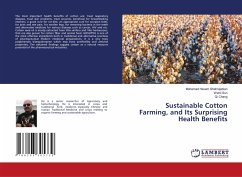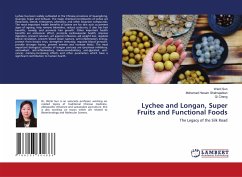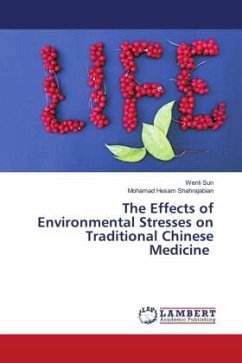
The Effects of Environmental Stresses on Traditional Chinese Medicine
Versandkostenfrei!
Versandfertig in 6-10 Tagen
29,99 €
inkl. MwSt.

PAYBACK Punkte
15 °P sammeln!
Medicinal plants develop different tolerance mechanisms like production of secondary metabolites, adjustment of membrane system, maintenance of cell wall architecture, and antioxidants, phytohormones, and accumulation of osmolytes in regards to abiotic stresses. Different kinds of abiotic stress are salinity, temperature, water stress, changes in radiation, chemical and mechanical stress. Light stress may induce to production of secondary metabolites such as flavonol, terpenoids, flavonoids, alkaloids, glycosides, tannins, hydroxycinnamic, artemisinin, phenolic acids, glycoalkaloids, luteolin,...
Medicinal plants develop different tolerance mechanisms like production of secondary metabolites, adjustment of membrane system, maintenance of cell wall architecture, and antioxidants, phytohormones, and accumulation of osmolytes in regards to abiotic stresses. Different kinds of abiotic stress are salinity, temperature, water stress, changes in radiation, chemical and mechanical stress. Light stress may induce to production of secondary metabolites such as flavonol, terpenoids, flavonoids, alkaloids, glycosides, tannins, hydroxycinnamic, artemisinin, phenolic acids, glycoalkaloids, luteolin, apigenin, and phytosterols. Drought stress may lead to productions of artemisinin, isoprene, lipophilic, phenolic compounds, alkaloids, tannins, and anthocyanins. Flavonoids, Steroids, Terpenes, Amino acids, Phenylpropanoids, Alkaloids, Quinones, Glycosides, and Volatile oils are categorized into traditional Chinese medicine. Ginsenosides component in ginseng significantly influence by drought, light, soil quality and variations of temperature.





